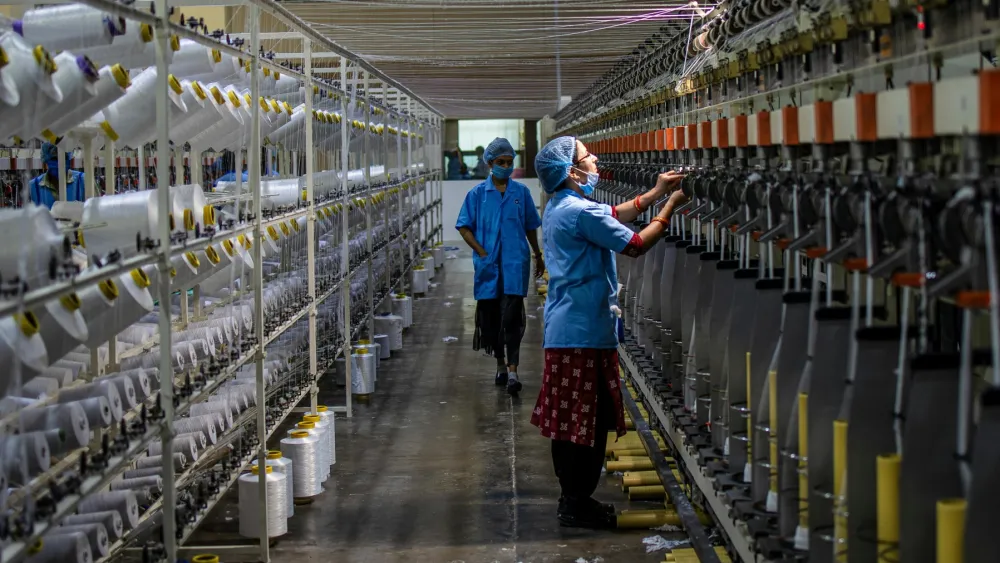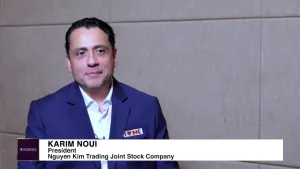New EU directive demands stricter accountability in supply chains
Asia risks market access if they do not comply.
Companies that fail to meet the recently passed EU Corporate Sustainability Due Diligence Directive, especially those found to have human rights violations within their supply chains, could face hefty fines of up to 5% of their global revenue.
Additionally, non-EU companies could see restricted access to the European market if they do not comply.
"The regulation is not a box-ticking exercise. It's about action, about impact, and making real change on the ground, and the regulation will be looking for that," Natasha Peacock, Partner & Associate Director of Socially Transformative Business at Boston Consulting Group explained.
The directive demands transparency throughout the entire supply chain, from the "farm, factory, or field," as Peacock put it, emphasising that large companies cannot pass off responsibility to smaller entities.
"It's been specifically designed to ensure that big companies can't just shred responsibility onto small companies or companies in the supply chain," Peacock added.
For companies looking to go beyond simply meeting compliance, Peacock advocated for a shift in mindset. "Doing good should be seen as an opportunity for business," she said. This approach, which she describes as "socially transformative business," integrates profit with purpose.
Peacock identified three key areas for companies to focus on: diversity, living wages, and safe working conditions. Diversity, she noted, leads to "extra strong performance," while ensuring fair wages and safe conditions can improve resilience within the supply chain by reducing disruptions.
Forced labour is also a critical issue that companies must address. "There are certainly some industries that have a higher risk of being tainted with forced labour," said Peacock, identifying services, manufacturing, construction, and agriculture as the most vulnerable sectors.
She also stressed the significant risks associated with migrant labour, which is "three times more likely to be enforced than non-migrant workers."



















 Advertise
Advertise









Commentary
Ingredients take centre stage for Asian consumers across food and beverage purchases
Human Sparsity Blockchain: A citizen-validated ledger for digital finance supervision